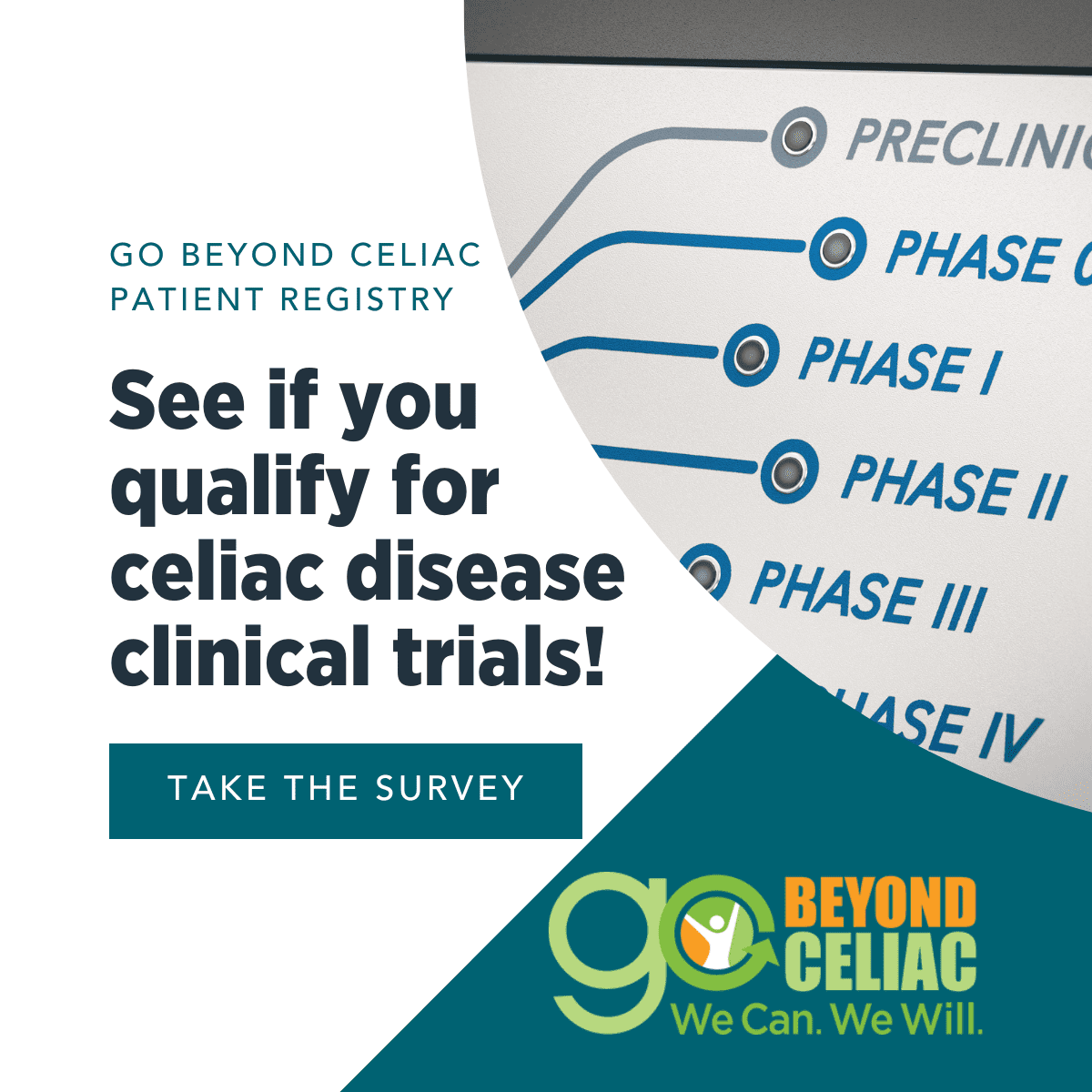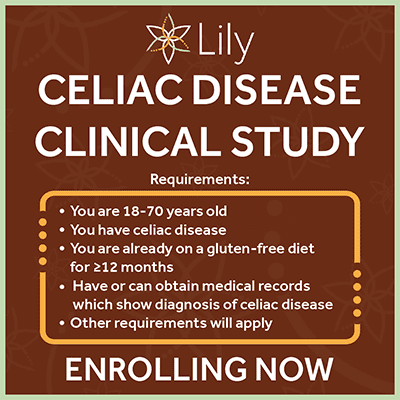Question:
What is the benefit of confirming celiac disease with an endoscopy? If a gluten-free diet is the treatment for non-celiac gluten sensitivity and celiac disease, what is the benefit of actually knowing if it’s one or the other?
From,
Amanda
Answer:
Dear Amanda,
Currently, endoscopy is the gold standard test for the diagnosis of celiac disease. Endoscopy is necessary to confirm the diagnosis.
There are several reasons to consider proceeding with the endoscopy. The first is that patients with confirmed celiac disease require permanent, life-long avoidance of gluten. Conversely, some patients with non-celiac gluten sensitivity may be able to tolerate small amounts of gluten in their diet, as each individual may respond differently. Additionally, whether or not non-celiac gluten sensitivity is a lifelong disorder is unknown. Therefore, it may be possible that children with non-celiac gluten sensitivity could “outgrow” this diagnosis.*
The second reason to consider endoscopy is that celiac disease is associated with other autoimmune diseases that may need to be screened for, such as insulin-dependent diabetes and thyroid disease. Also, inadequately treated celiac disease is associated with disorders that also require intermittent screening, such as osteoporosis. A negative endoscopy could prevent unnecessary testing and a positive endoscopy will ensure that the proper screening is performed.
Finally, the third reason to proceed with endoscopy is that an endoscopy will rule out other causes of gastrointestinal symptoms such as a food allergy, stomach-acid related inflammation or ulcers, and infection. Don’t forget, if you do decide to proceed with endoscopy, it is important for your child to be on a gluten-containing diet prior to the procedure.
Sincerely,
The Center for Celiac Disease at The Children’s Hospital of Philadelphia
*NFCA notes that research on non-celiac gluten sensitivity is just beginning, so little is known about the potential long-term effects associated with this condition. It is also important to note that it has been primarily adults, not children, who have been studied in the field of non-celiac gluten sensitivity.



